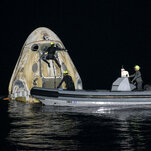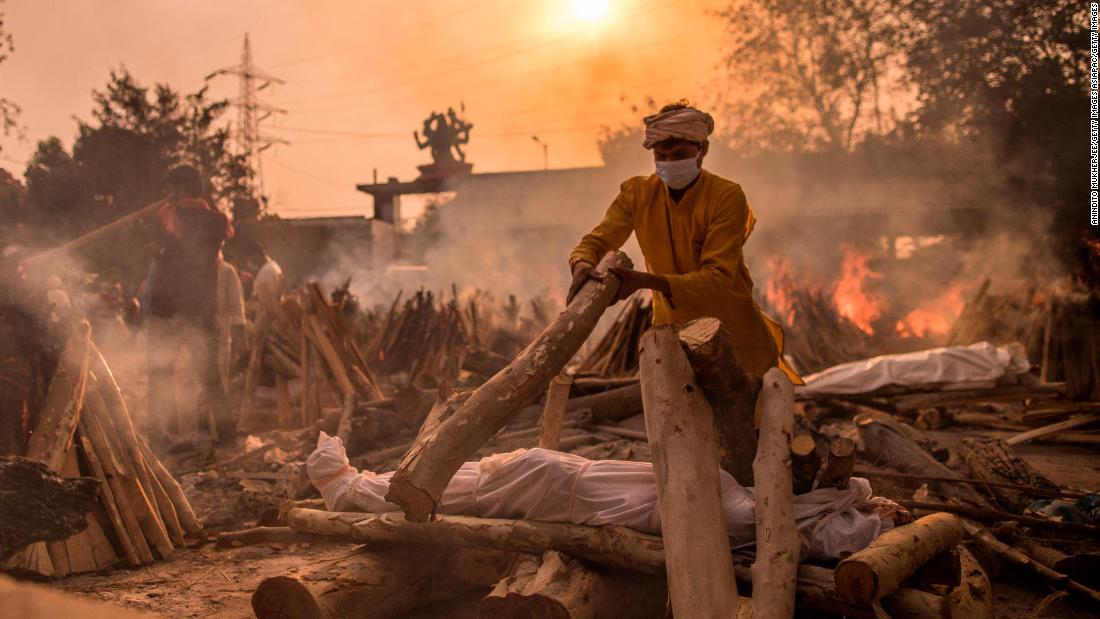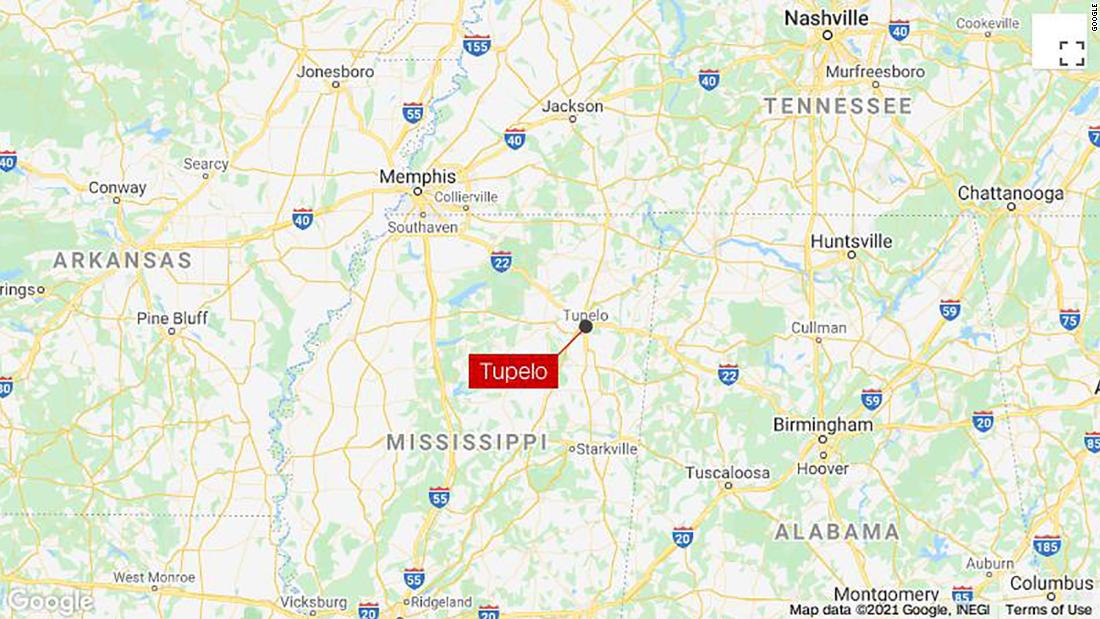Crew-1, which launched to the space station in November, left the space station in the capsule called Resilience.


Crew-1, which launched to the space station in November, left the space station in the capsule called Resilience.

Critics condemned the move to temporarily bar Australians, including children, as unnecessarily harsh, a violation of citizenship principles and a cultural double standard. Officials say the policy is necessary.

For most of China, last week’s launch of the first module of its planned space station was simply a moment of pride. But for one social media account linked to the ruling Communist Party, it was a crass opportunity to mock India’s Covid-19 tragedy.
A doctor and a team of neonatal medical professionals were in the right place at the right time—helping a Utah woman deliver her baby onboard an hourslong flight to Hawaii.

While at the Park House shopping mall in northern Moscow, Vladimir Makarov saw it was offering the coronavirus vaccine to customers, so he asked how long it would take.

A large and destructive tornado touched down in Tupelo, Mississippi, Sunday night, according to a series of tweets from the National Weather Service in Memphis, Tennessee.

Volunteer firefighters—who comprise more than 65 percent of the U.S. fire service—have higher levels of “forever chemicals,” per- and polyfluoroalkyl substances (PFAS), in their bodies than the general public, according to a Rutgers study.
A new study, presented today at the AATS 101st Annual Meeting, found that heart transplantation using donation after cardiac death (DCD) with normothermic regional perfusion (NRP) is feasible in the United States. Broader application of DCD heart transplantation has the potential to increase cardiac allograft availability by 20-30 percent. Over a one-year period, from January …

New research shows that planned cesarean deliveries on maternal request are safe for low-risk pregnancies and may be associated with a lower risk of adverse delivery outcomes than planned vaginal deliveries. The study is published in CMAJ (Canadian Medical Association Journal).

New research has shown that COVID-19 infections in healthcare workers during the first wave of the pandemic provided an accurate sample of the general population, suggesting that data from healthcare workers could be used to estimate the severity of future viruses more quickly.